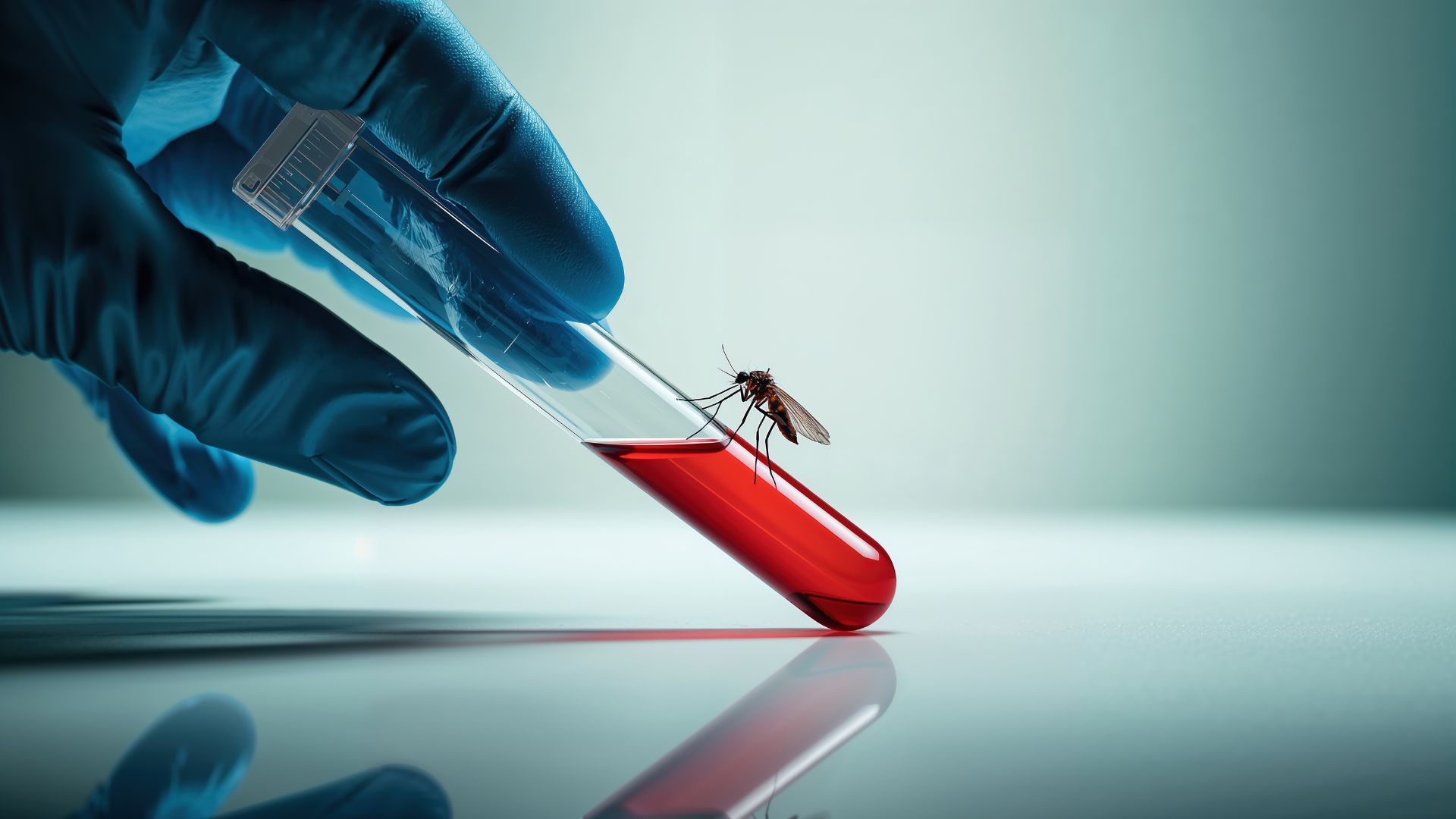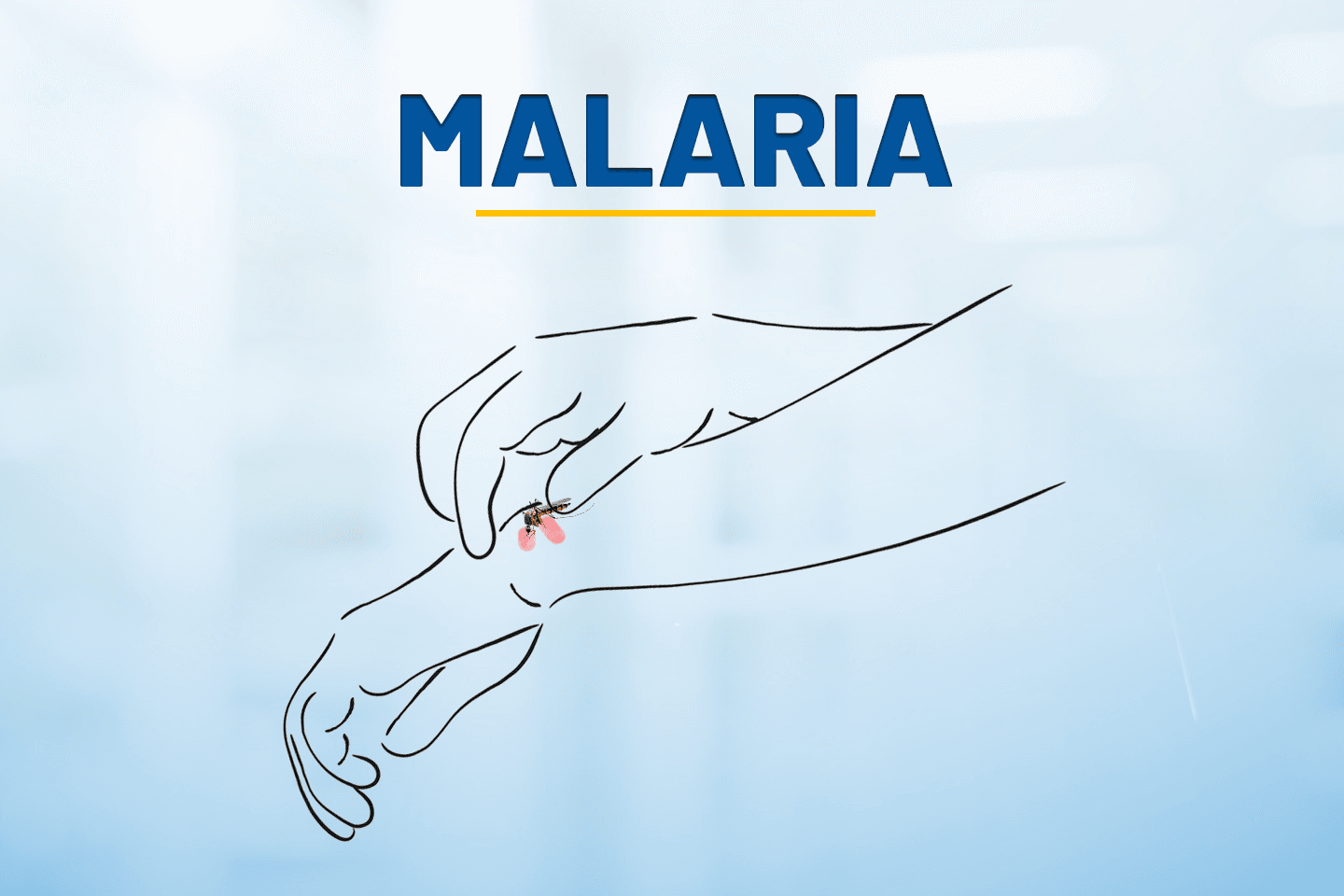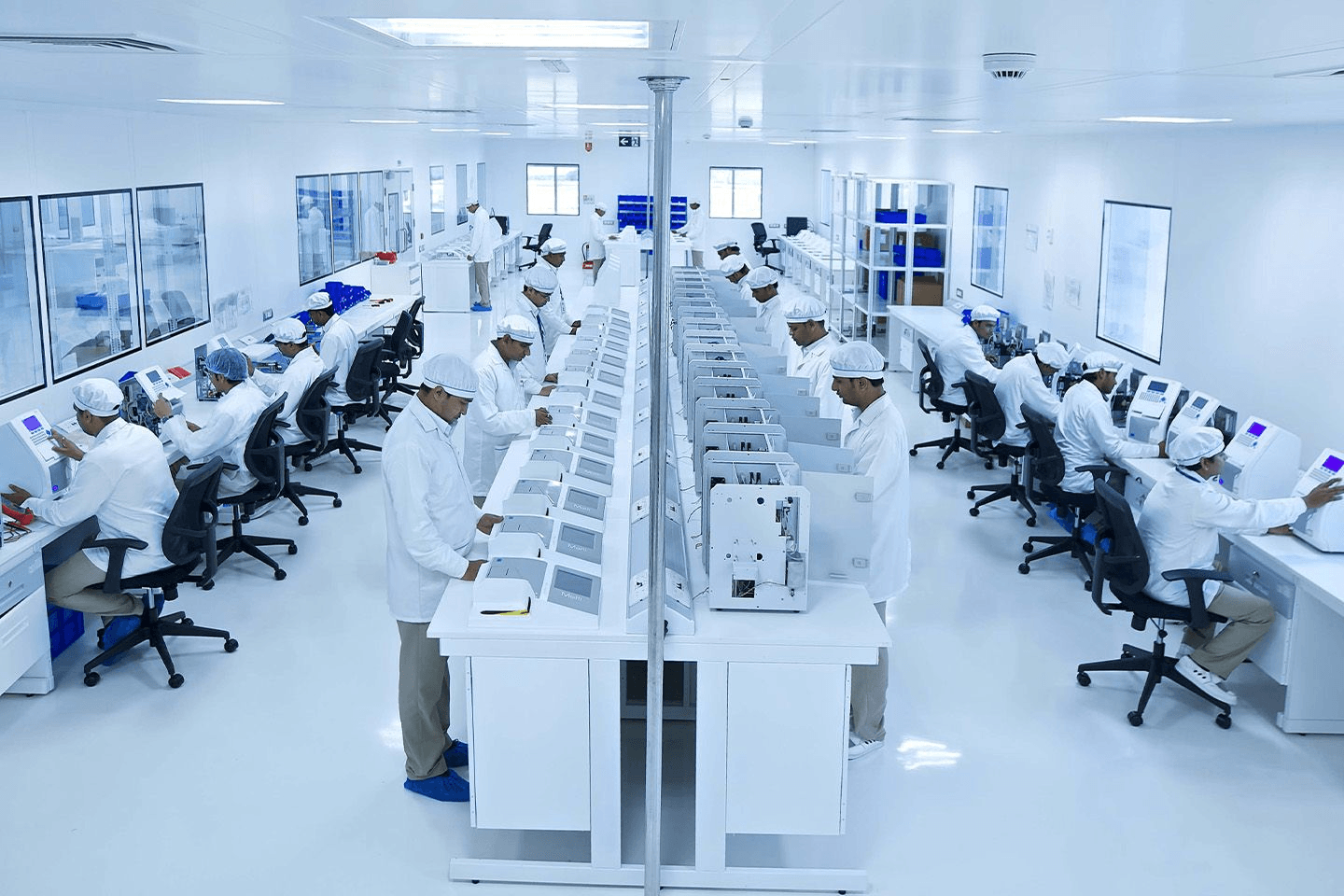
Dengue Resurgence: What Patients Should Know About Dengue Testing and Test Kits
Introduction
Dengue, an illness transmitted by mosquitoes and commonly found in tropical and subtropical regions, has been experiencing recent outbreaks in various parts of the world beyond its typical geographical zones. With the dramatic rise in its incidence and life-threatening consequences in severe cases, this virus infection has raised concern for its prevention and timely diagnosis for prompt and effective treatment. According to the statistics, it is the fastest-spreading illness globally, affecting more than 100 million people yearly. Every one person out of four infected by the virus falls sick. The severity of dengue calls for aggressive preventive measures, evaluation, diagnosis, and management of the illness to control its spread.
Diagnosing the condition is the step towards treating it in time to prevent its severity. Dengue diagnosis helps achieve this. The various laboratory dengue diagnostic tests, and dengue rapid test kits help detect the dengue antigens and antibodies in the infected person.
Gaining an insight into these diagnostic tests, their types, the need, and the various test kits available for detecting the dengue virus enables us to form an informed decision for the treatment of the illness. To this end, continue with this blog that provides the necessary information about dengue detection for prompt treatment.
Dengue a mosquito-borne infection
Dengue is a vector-borne disease spreading through the bite of a female Aedes mosquito. The species of this mosquito live indoors and are active during the daytime. The illness also spreads through blood transfusion, breastfeeding, or organ transplantation.
The symptoms of dengue, like fever, aches, and rashes, are often confused with other illnesses. Dengue symptoms are high fever with nausea, vomiting, rashes, joint and muscle pain, and pain behind the eyes.
When these symptoms worsen, they cause severe dengue, called dengue hemorrhagic fever or dengue shock syndrome. This severe fever damages the blood vessels, and they might become leaky. The platelet counts drop, leading to internal bleeding, shock, organ failure, and, in some cases, death if not treated timely and promptly. It is an emergency condition.
Need for Dengue Tests
Persons with symptoms of dengue fever and exposed to the potential risk area of infection must be tested to determine whether they are infected by the virus. Treatment for the condition starts with its diagnosis, requiring proper diagnostic testing. Time is of the essence in such cases since any lapse in the diagnosis and the treatment as a result thereof could yield severe consequences for the health and life of the patient.
Types of Dengue Tests
The tests for dengue fever are-
- Dengue Virus Antigen Detection Test (NS1)- NS1 is a dengue virus protein that can be detected from the serum specimen of the infected person. This NS1 antigen is present in the blood or fluids during the initial period of seven days after the symptoms appear, known as the acute phase. A negative NS1 test is not conclusive. It must be confirmed by IgM antibody testing.
- Molecular Test- Molecular Test, called Nuclear Acid Amplification Test (NAAT), is a laboratory diagnosis method to detect the dengue virus from the serum sample of the person during the acute phase (during the initial seven days of the onset of the symptoms). DENV 1,2,3 and 4 are the serotypes of dengue virus. The CBC DENV 1-4 rRT-PCR (Real-Time Polymerase Chain Reaction) is a nuclear acid test for detecting the dengue virus and its types. The test is not relevant after seven days of the infection. A positive test confirms dengue infection, but a negative test does not rule out infection. A negative NAAT test result must be confirmed by IgM antibody testing. PCR tests are complex, specific, and highly sensitive but require a considerable investment in laboratory infrastructure and trained personnel.
- Serologic Tests- Once a person gets infected by the virus, the immune system produces antibodies to fight against the infection. These antibodies are detected starting four to five days after the onset of the infection and are detected for months or years, depending upon the case. Immunoglobulin M (IgM) is the first antibody secreted by the immune system to fight the infection. The IgM antibody testing is done through IgM Anti-Capture Enzyme-Linked Immunosorbent Assay (MAC-ELISA). The test is used with NAAT or NS1 testing to confirm the presence of the infection. However, a negative IgM antibody testing before day 8 of the onset of the infection needs a second sample testing after seven days after the infection. A negative second IgM antibody testing result and NS1 or NAAT negative results are considered negative for recent infection. IgM antibody testing does not help detect dengue virus serotypes. The test results are difficult to interpret due to cross-reaction of other flaviviruses. The results need to be confirmed by Plaque Reduction Neutralization Testing (PRNT).
- IgG tests measure the levels of Immunoglobulin G(IgG) antibodies in the body. They determine the presence of infection in the body and the level of immunity. The tests are also used in recurring infections or chronic inflammation cases. IgG is a subsequent antibody produced by the body after IgM. The IgG antibody is detected after two weeks of infection. IgG are comparatively smaller than IgM antibodies and make up most of the immunoglobulins in the blood.
Availability of Dengue Rapid Diagnostic Test (RDT) Kits
Prompt and early detection of dengue infection helps expedite the control of the condition, often proving life-saving in cases of severe dengue fever. The earlier the diagnosis of the infection, the timelier would be its control and management. The use of RDT kits for dengue is directed towards this goal of early detection and timely control of dengue fever. With no medication and vaccines yet providing the cure, this becomes inevitable.
What are RDT Kits?
The dengue RDT kits detect dengue NS1 antigen, IgM, and IgG antibodies from the whole blood, serum, or plasma.
These test kits work on the lateral immunochromatographic method. In the lateral flow method, antigen or antigen-antibody complexes migrate through capillary action with the solid support of a filter paper or nitrocellulose film. The test strip is in a plastic casing with an opening where the sample and the reagent are applied and has a window that shows the results. The kit draws the specimen through capillary actions and provides results in less than half an hour.
These RDT kits are simple to use and perform rapidly, providing qualitative diagnostic results. They do not provide quantitative results and are suitable for point-of-care tests.
The sensitivity and specificity of RDT depend on the make of the kit, the manufacturer, and the phase of dengue infection. The results thus need to be confirmed with laboratory diagnostic tests.
Why Use RDT Kits?
The need for an increasing use of RDT kits for dengue testing can be assigned to the following factors-
- Traditional dengue diagnostic testing in laboratories is expensive, with a slow turnaround time.
- The laboratory requires a special setup, equipment, and trained personnel, leading to the need for more such infrastructure.
- The RDT kits are easy to use and cost-effective, with quick turnaround time with their results.
- They prove to be effective and successful in vector control measures.
- RDT kits help detect dengue infection early and hence prove to be a boon in cases of positive results requiring immediate and urgent patient care.
Conclusion
Dengue, the breakbone illness, if not controlled or managed timely, could be a risk to one’s health and life in severe cases. With no medications for its treatment, self-care, rest, plenty of fluid intake to avoid dehydration, pain relieving, and fever control medicines are the only available options for its control and management. It is important to ensure that the condition does not escalate, causing dengue hemorrhagic fever, a severe condition requiring medical emergency.
While living or traveling to dengue-affected regions, ensure health precautions by staying in well-screened houses, using mosquito repellants, wearing full-covering clothing, and avoiding stagnant water collection in and around houses.
Diagnostic tests are crucial to determining dengue infection in people experiencing its symptoms for early and prompt diagnosis, control, and management of the condition.
References
https://www.ncbi.nlm.nih.gov/books/NBK430732/
https://www.mayoclinic.org/diseases-conditions/dengue-fever/symptoms-causes/syc-20353078
https://www.cdc.gov/dengue/symptoms/index.html#:~:text=About%201%20in%2020%20people,risk%20for%20developing%20severe%20dengue.
https://www.cdc.gov/dengue/healthcare-providers/diagnosis.html#:~:text=For%20patients%20presenting%20during%20the,(Figure%203-01)



